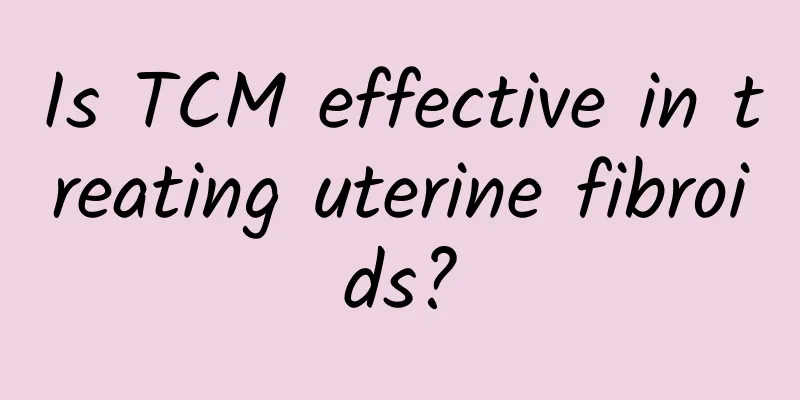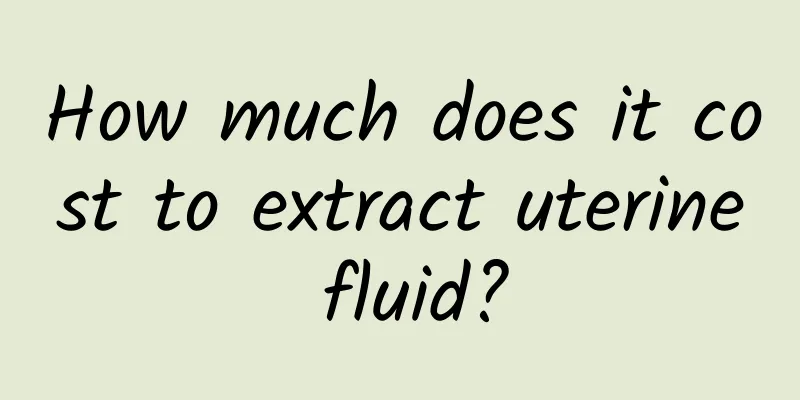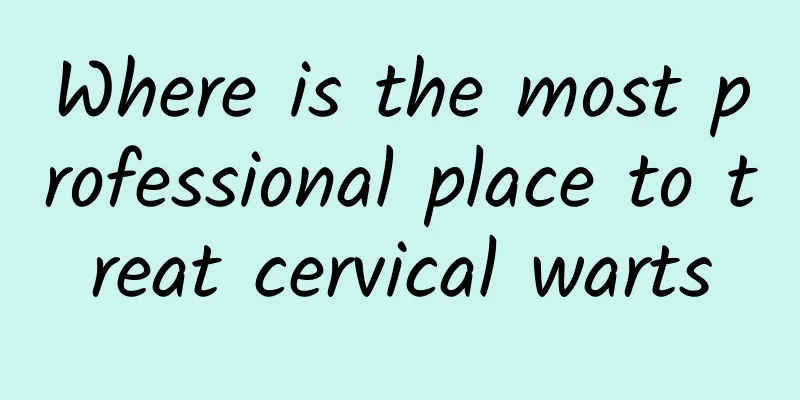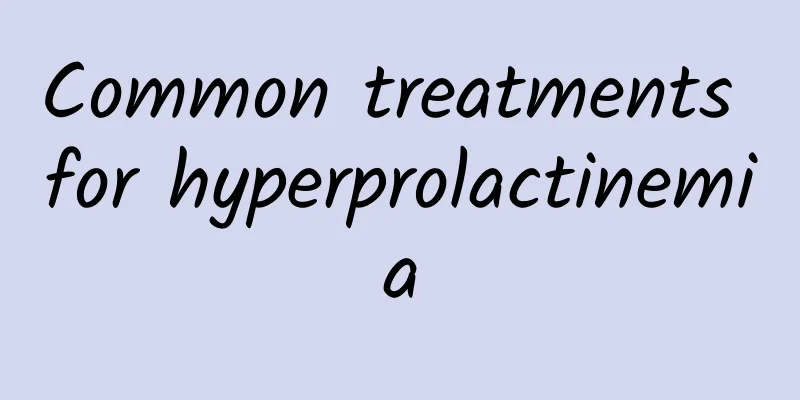Does left ovarian cyst need treatment?
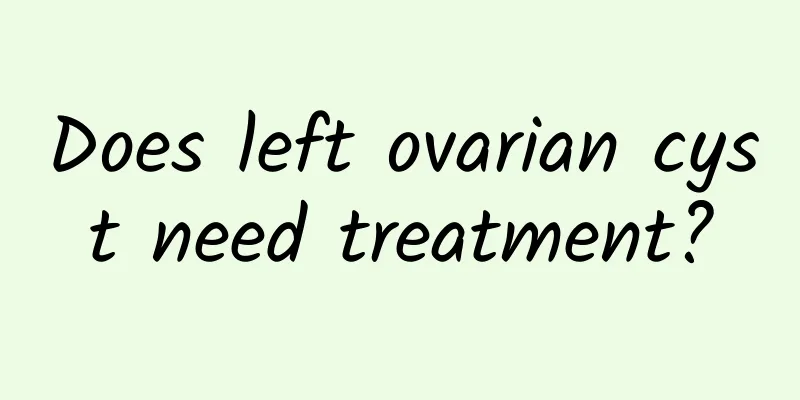
|
Whether a left ovarian cyst requires treatment depends on the size of the cyst, the symptoms it presents, and the impact it has on your health. An ovarian cyst is a fluid-filled sac that usually forms on its own in the ovary. Most ovarian cysts are functional and resolve on their own within a few months. Smaller cysts are usually harmless and asymptomatic and do not require specific treatment. However, larger cysts may cause abdominal pain or discomfort and require further medical evaluation. Most ovarian cysts are discovered incidentally during a routine gynecological examination or ultrasound. If the cyst is small and asymptomatic, your doctor may recommend regular monitoring to ensure that the cyst does not increase in size. Intervention may be required when the cyst is larger than 5 cm in diameter or is accompanied by symptoms such as severe pain and irregular menstruation. In some cases, such as cyst rupture or torsion, it may cause acute pain or other complications, which require prompt medical attention. Most ovarian cysts are discovered incidentally during a routine gynecological examination or ultrasound. If the cyst is small and asymptomatic, your doctor may recommend regular monitoring to ensure that the cyst does not increase in size. Intervention may be required when the cyst is larger than 5 cm in diameter or is accompanied by symptoms such as severe pain and irregular menstruation. In some cases, such as cyst rupture or torsion, it may cause acute pain or other complications, which require prompt medical attention. If you notice symptoms such as lower abdominal discomfort, bloating, or persistent pain, consult your doctor as soon as possible. Unless the cyst is considered potentially harmful or causing discomfort, your doctor may take a conservative observation approach. If symptoms are severe, your doctor may recommend surgical intervention. Regular gynecological examinations and a reasonable lifestyle can help detect and treat ovarian cysts early. Pay attention to a balanced diet, avoid excessive stress, and improve your body's immunity to reduce the possibility of cysts. If symptoms persist or worsen, please seek medical attention immediately. |
<<: How is cervical hypertrophy diagnosed?
>>: The reason why the cervix is very enlarged
Recommend
Talk about the common symptoms of chronic cervicitis
Chronic cervicitis is a common gynecological dise...
Prognosis and prevention of uterine fibroids
Uterine fibroids are the most common benign tumor...
Don't forget to eat high-fiber and high-protein foods for breakfast to lose weight
Three meals a day are essential for healthy weigh...
How to treat uterine effusion in early pregnancy? Is it physiological or pathological?
Early pregnancy uterine effusion can be divided i...
Worried about the high sodium content in the sauce for your Mid-Autumn barbecue? Nutritionists teach you 6 principles for making homemade sauces, healthy and hassle-free
During the Mid-Autumn Festival, barbecue becomes ...
Is Mirena good for treating adenomyosis?
Adenomyosis is a common gynecological disease. Th...
Is ovarian cyst serious? What are the specific symptoms?
Are ovarian cysts serious? What are the specific ...
Standardized diagnosis of hyperprolactinemia
Speaking of hyperprolactinemia, many friends will...
Understand the early symptoms of cervicitis in women
Female friends all know that cervicitis is a comm...
Where is the best place to have gynecological surgery?
Nowadays, many female friends suffer from gynecol...
What are the causes of shoulder dystocia?
Every pregnant mother hopes to give birth to a ba...
What are the symptoms of 2nd degree uterine prolapse
What are the symptoms of 2nd degree uterine prola...
A nutritional comparison between black sesame and white sesame: black sesame has the strongest effect on iron and calcium!
Sesame is an indispensable health tonic. Girls lo...
The most advanced treatment for vulvar leukoplakia
What is the most advanced treatment for vulvar le...
Women should be aware that delayed menstruation may be a sign of menstrual irregularity
Irregular menstruation is the most common female ...
